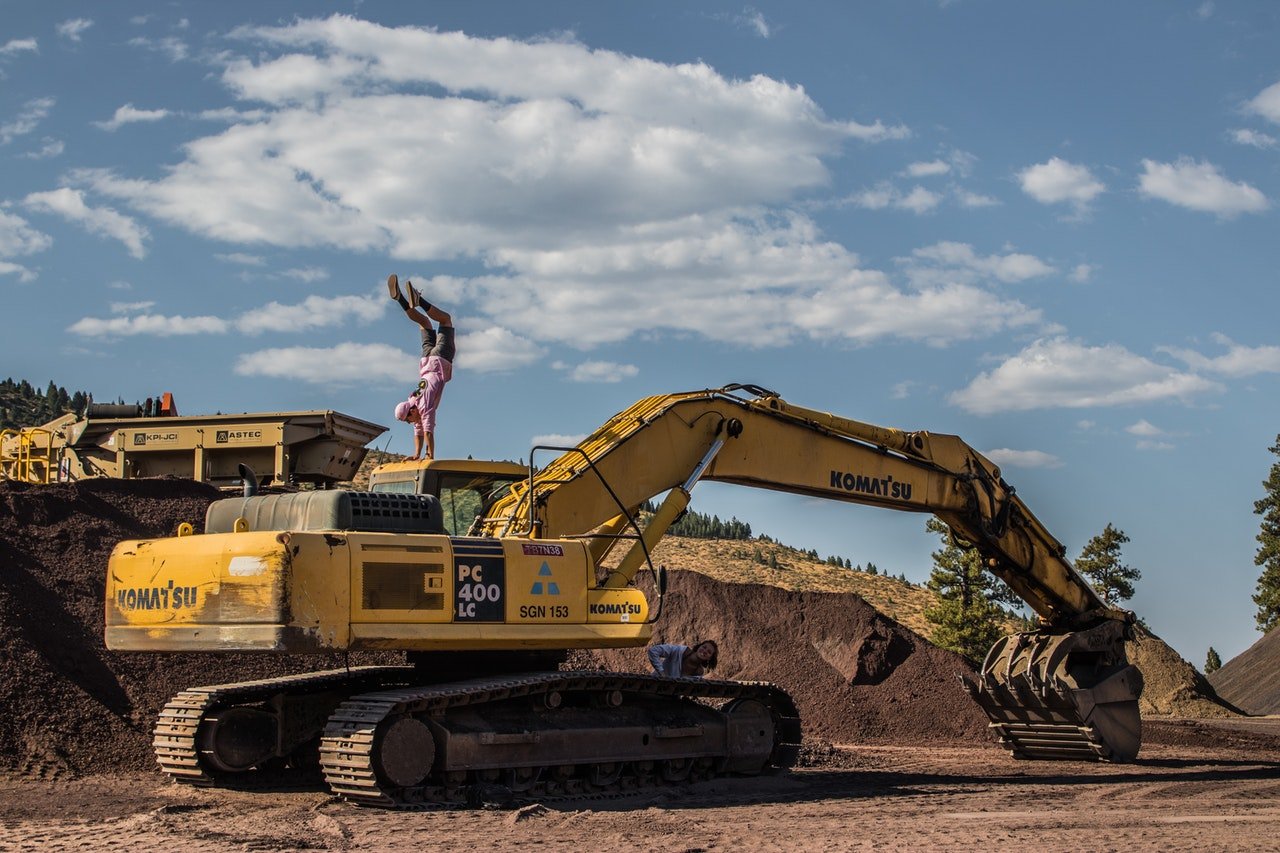Excavators are one of the most prevalent types of construction machinery that organisations require to finish new work. An excavator is an excellent addition to your construction arsenal because of its versatility and utility throughout the building cycle. Learning how to acquire excavators for sale takes time since you want to make sure you’re meeting all of your company’s needs. However, with so many options, picking the correct excavator can be a difficult task. Here is a guide to assist you with how to select an excavator that suits your requirements.
Table of Content
Your Expected Performance:
Your excavator must complete the job, and this is the most critical factor to consider when selecting the proper excavator. Examine the hydraulic subsystems and testing options for your next excavator to ensure you have enough power for your job. Most brands will mention the power output of their system is and how much work the equipment can get done in an entire workday. Since you are matching the power you need, a more powerful hydraulic subsystem allows you to boost your productivity and efficiency. When making your decision, think about all of the duties your excavator will have to do.
Analyze Your Construction Site:
Imagine your construction site, complete with obstacles and immediate needs, as well as those you anticipate as your project progresses through each stage. After you’ve considered your location, evaluate the jobs that are performed on a typical job site. The proper excavator for your business must be able to reach, excavate, hoist, haul, and do a variety of other tasks. Examine previous jobs and gather accurate measures, such as loads or the depth of your excavations.
The Size of the Excavator Is Important:
Begin the process of refining your search while you’re thinking about your employment criteria and the typical worksite you work with. Examine the type and size of excavators first. Remember that classifications are broad, and specifications vary by manufacturer, so settle on size like 5 tonnes rather than a “small.” Take a look at the most common excavators:
Small Excavators:
often known as mini or compact excavators are the most mobile. They range in weight from 950 kilograms to slightly under ten tonnes. A mini is ideal for small projects and those requiring limited space, such as those requiring the capacity to navigate around a structure or working in regions with several wires running through the earth. These consume the least amount of power, but they also cause the least amount of damage to the yard, road, and other structures.
Standard Excavators:
These weigh more than 10 tonnes, but less than 45 tonnes are classified as standard. These are the most adaptable excavators, able to work in almost any environment and with a wide range of tasks. Because they have a lot of power, they’ll be heavy and cause some harm to the terrain they have to pass. You’ll need a lot of space, but they’re sturdy and portable. In the construction industry, they’re pretty common. Excavators with a capacity of up to 95 tonnes are available; these are categorized into large categories.
Summing Up:
Excavators are always at the heart of the construction yard, performing tasks such as grading for your foundation and moving goods to your workers, as well as providing power for destruction. While looking for excavators for sale, align your excavator to your job specifications, the work to be completed, and the job site itself. Make sure you have all of the feature support you’ll require for future tasks.
